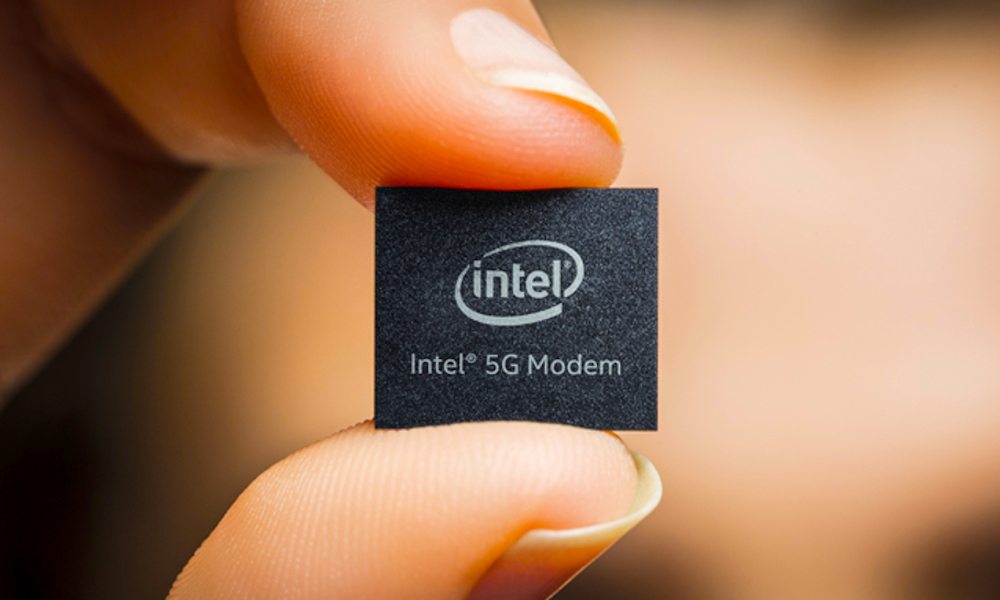Apple’s In-House 5G Modem Development Hits Additional Snags
 Credit: kkssr / Shutterstock
Credit: kkssr / Shutterstock
Toggle Dark Mode
A new report from Bloomberg‘s Mark Gurman indicates that Apple is continuing to run into delays in its development of an in-house replacement for the 5G modems it purchases from Qualcomm for use in the iPhone and other devices.
Apple’s in-house development of an in-house 5G modem began in earnest in 2019, after Apple acquired the majority of Intel’s 5G modem chip business to get a jumpstart on development. Unfortunately, the modem project has faced several setbacks, and Apple is still “years” away from developing a modem chip that can compete in performance with Qualcomm’s products.
Reports indicate that Apple originally targeted 2024 to have its modem chip ready for prime time, but now it appears that deadline will be missed. Gurman says Apple will also likely miss an extended target of spring 2025 for the modem launch, with a launch date of late 2025 or early 2026 more likely. Apple is planning to use the new modem in a version of its economy iPhone, the iPhone SE.
Apple’s modem development is said to still be in its early stages, and Gurman says it “may lag behind the competition by years.” One version of the chip doesn’t support the more advanced and faster mmWave technology, and Apple continues to have issues working with the Intel code it purchased as part of its deal with Intel. Apple engineers have had to rewrite the code and existing features have a nasty habit of breaking whenever developers attempt to add new features. Apple also has to carefully avoid infringing on Qualcomm chips as it works on its own modem.
“Why we thought we could take a failed project from Intel and somehow succeed is a mystery,” an Apple employee told Gurman. His sources also tell him that Apple’s hardware technologies group is “stretched thin” across multiple projects.
Apple’s dissatisfaction with Qualcomm became public in 2017 when Apple sued the modem maker for collecting royalties for technologies that it had not developed. Apple said at the time that Qualcomm was also charging too high a price for its modem chip tech.
Apple avoided using Qualcomm chips in its iPhone 11 lineup, instead using modem chips from Intel. However, the relationship between Apple and Intel soon soured, as Intel could not manufacture 5G modem chips that met Apple’s standards.
Apple’s failed relationship with Intel led the company to settle its legal battle with Qualcomm, dropping all litigation and signing a new modem contract, which was extended in September of this year. The agreement extends the deal between the two companies through 2026 and will likely be extended again if Apple continues to face issues in developing its in-house modems.
Despite Apple’s problems in developing its own 5G chips, it will continue to work on the project as it looks to end its expensive deal with Qualcomm.
While it is expected that when Apple finally gets things right with its 5G chip, its first release will be a standalone chip. Apple is expected to eventually include the modem as part of a system-on-a-chip that will allow it to better control component development in-house.








